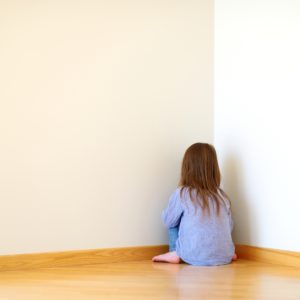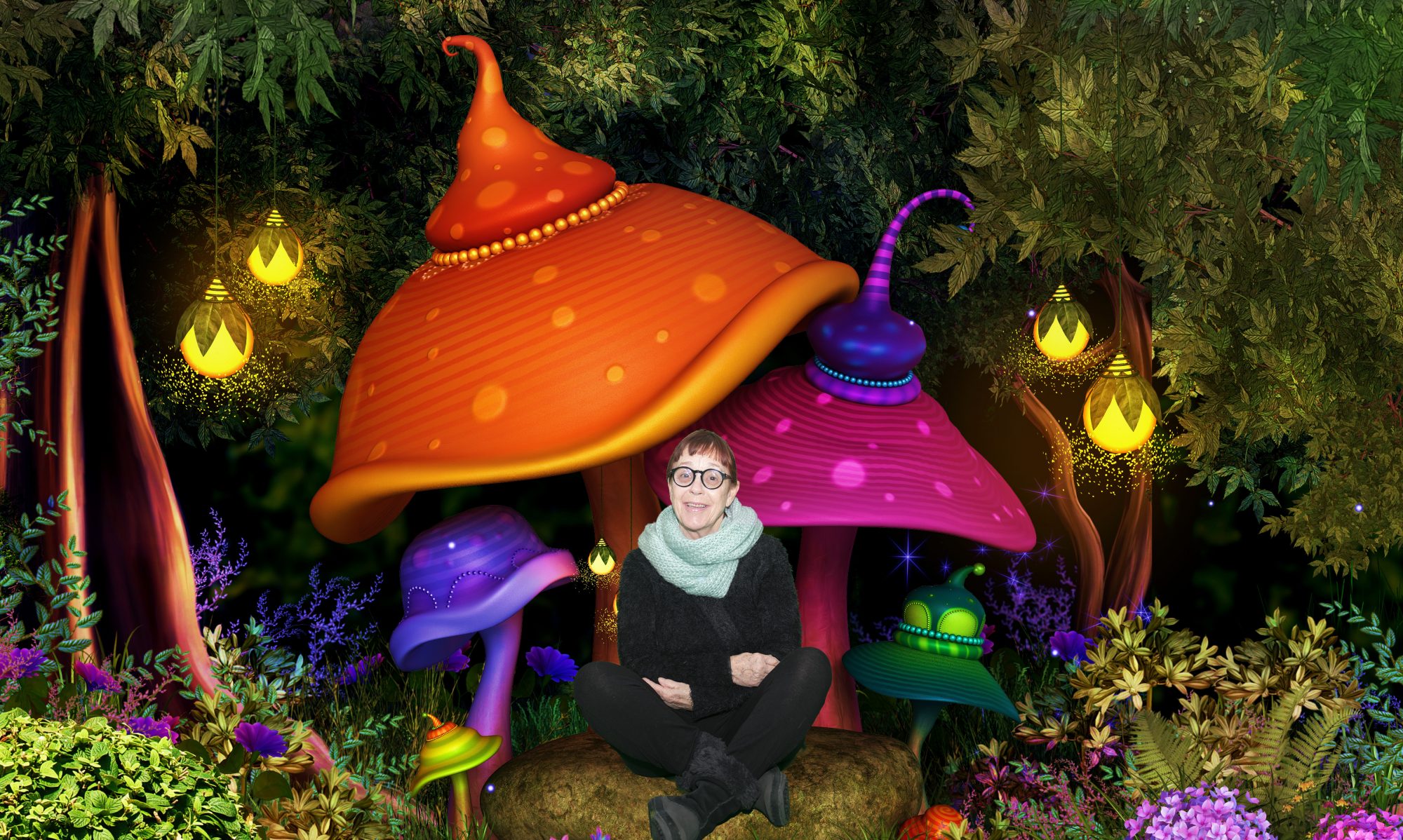 It is no secret, teachers are like circus performers. They are constantly juggling tasks, performing classroom magic, taming, orchestrating the show and entertaining and engaging a very tricky audience. All the while they do this they are also walking a very fine line between creativity and control, process and product, function and freedom.
It is no secret, teachers are like circus performers. They are constantly juggling tasks, performing classroom magic, taming, orchestrating the show and entertaining and engaging a very tricky audience. All the while they do this they are also walking a very fine line between creativity and control, process and product, function and freedom.
That line will vary class to class and teacher to teacher. It will depend on personal philosophy, experience, training, skill sets and individual expectations but what happens when the line gets crossed, particularly when it comes to behaviour management of children?
I had a recent experience of this that was close to me. The teacher described her actions as discipline, I considered it humiliation. She said she was using a routine classroom strategy and I said she was shaming in order to achieve compliance. So where is that line?
I know for me personally, publicly shaming a child is never appropriate. Whatever short term gain the teacher may feel they have made is out weighed, considerably, by the emotional anguish and negative feelings the child suffers as a result.
I spoke to many adults, both friends and colleagues, who had stories of school day traumas that stay with them still, after being made emotionally vulnerable by a classroom teacher. Did it change their behaviour long term? Apparently no!
It would seem that research agrees. After a 3 year study by the University of South Australia, it is evidenced that exclusion and isolation of children is an ineffective means of affecting a change in student’s behaviour.
So why does it still happen routinely in our schools and why is it tolerated and considered acceptable? Perhaps not enough thought or attention is put into considering the rights of the child. That is not to say that the teacher should be left powerless but surely isolation, naughty chairs and public shaming are old and antiquated methods for our modern, emotionally intelligent and creative educators.
Surely we don’t have to make children feel bad about themselves in order to achieve a behavioural objective. Let’s use our powers for good, not as an emotional weapon to achieve a short term goal with possibly very long lasting emotional effects.
You say it’s discipline, l say It’s humiliation and I know my voice is not alone!
